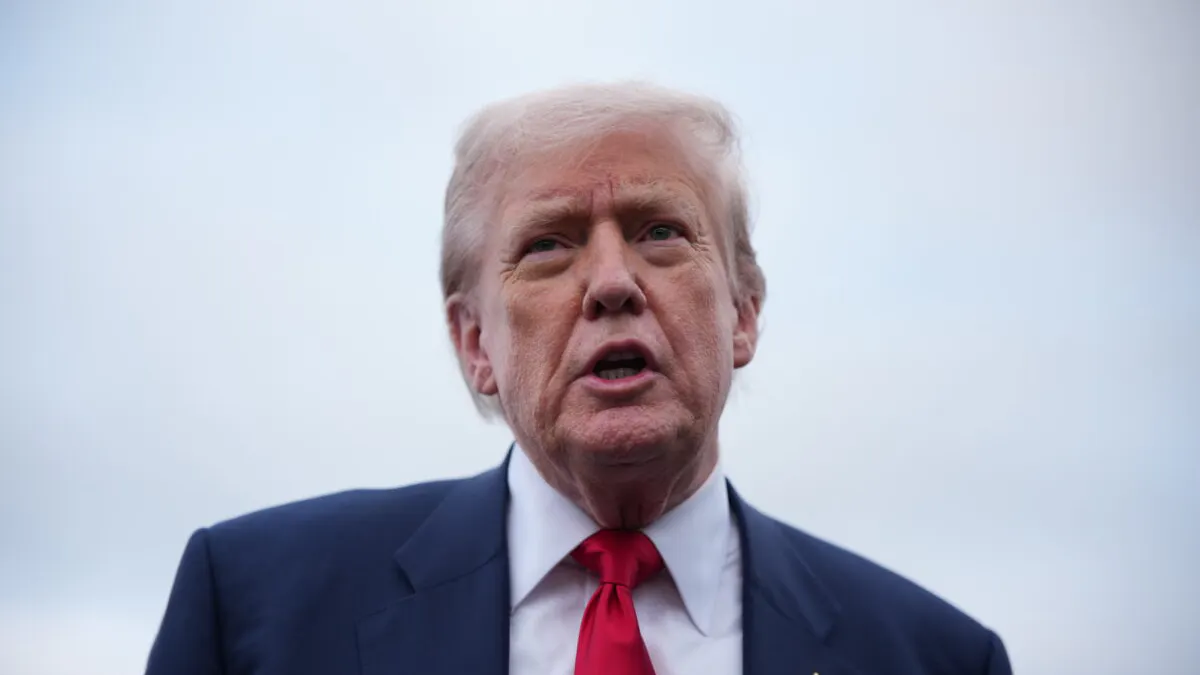The leaders of Thailand and Cambodia agreed to a ceasefire effective at midnight on Monday after President Donald Trump threatened not to enter into a trade deal with either country until the fighting ended. Dozens of people were killed and hundreds of thousands of civilians were forced to flee when fighting erupted last week near the border.
Thailand’s acting prime minister, Phumtham Wechayachai, and Cambodia’s prime minister, Hun Manet, shook hands just hours after President Donald Trump spoke to both leaders on Saturday and pushed them to stop the fighting. The peace talks between the two countries took place in Putrajaya, Malaysia, and were organized by Malaysian and American officials, The New York Times reported.
Malaysian Prime Minister Anwar Ibrahim said that Thailand and Cambodia agreed to “an immediate and unconditional ceasefire with effect from midnight tonight,” according to Reuters.
“This is final,” Ibrahim added.
Trump commented on the ceasefire agreement while speaking to reporters in Scotland on Monday, saying, “That was going to be a very bad war, and so we’re honored we got involved. It’s essentially settled.”
“That could’ve gone on for years. Millions of people could’ve been killed. We ended the war — and we’re very happy about it,” Trump added.
.@POTUS on the ceasefire between Cambodia and Thailand: “It’s peace. That was going to be a very bad war … That could’ve gone on for years. Millions of people could’ve been killed. We ended the war — and we’re very happy about it.” pic.twitter.com/KuIqjoBRsb
— Rapid Response 47 (@RapidResponse47) July 28, 2025
The fighting erupted last Thursday near a temple that both Thailand and Cambodia claim. The two Southeast Asian countries traded attacks, including airstrikes and rocket fire along the 508-mile-long border separating them. The recent fighting marks the deadliest conflict between Thailand and Cambodia in nearly 15 years, as 36 people have been killed. Between 2008 and 2011, the countries engaged in fighting over contested border land that resulted in 34 deaths.
The fighting drew the attention of the United States and China, as both countries have interests in the region. Thailand is a military and trading partner with the United States, while China is the largest trading partner of both Thailand and Cambodia. China also funds a large navy base in Cambodia. Chinese diplomats attended the peace talks in Putrajaya as Beijing pressured both countries to agree to a ceasefire.
“Today we have a very good meeting and very good results… that hope to stop immediately the fighting that has caused many lives lost, injuries, and also caused displacement of people,” said Cambodian Prime Minister Manet.
Acting Thai Prime Minister Wechayachai, who had previously expressed doubts about Cambodia sticking to the terms of a ceasefire, said that the deal would “be carried out successfully in good faith by both sides.”
On Sunday, Secretary of State Marco Rubio said that he had spoken with leaders in both Thailand and Cambodia, adding that he and President Trump were “monitoring the situation very closely.”
“We want this conflict to end as soon as possible,” Rubio stated.
In a post on Truth Social on Saturday, Trump said that he would not make a trade deal with either country if the fighting continued. The Trump administration is currently in talks with both Thailand and Cambodia as the president prepares to roll out his worldwide tariffs on August 1.
Thailand has been a major U.S. trading partner, exporting $63.3 billion worth of goods to the United States in 2024. Thailand’s exports to the United States include vital items such as electronic equipment and nuclear reactors, according to Trading Economics.

.png)
.png)

